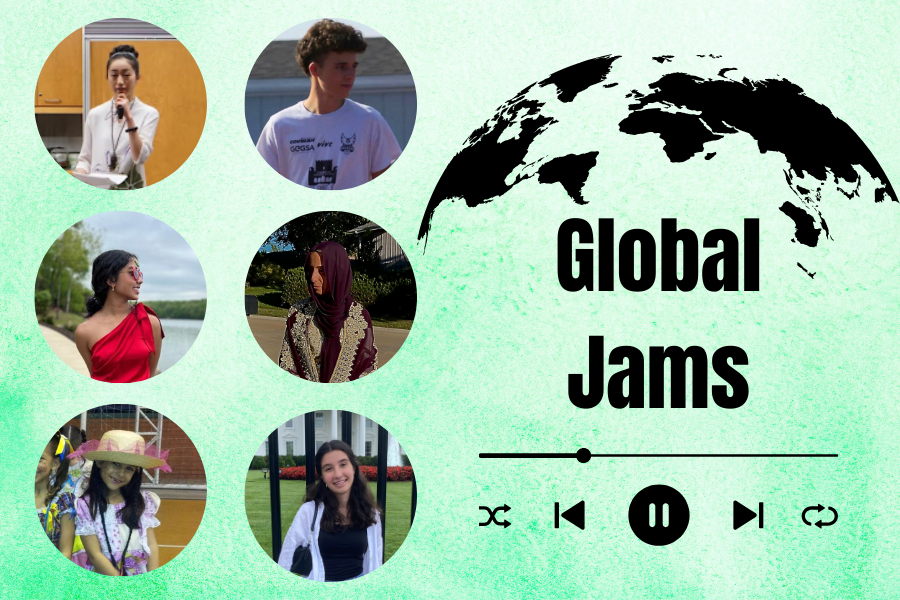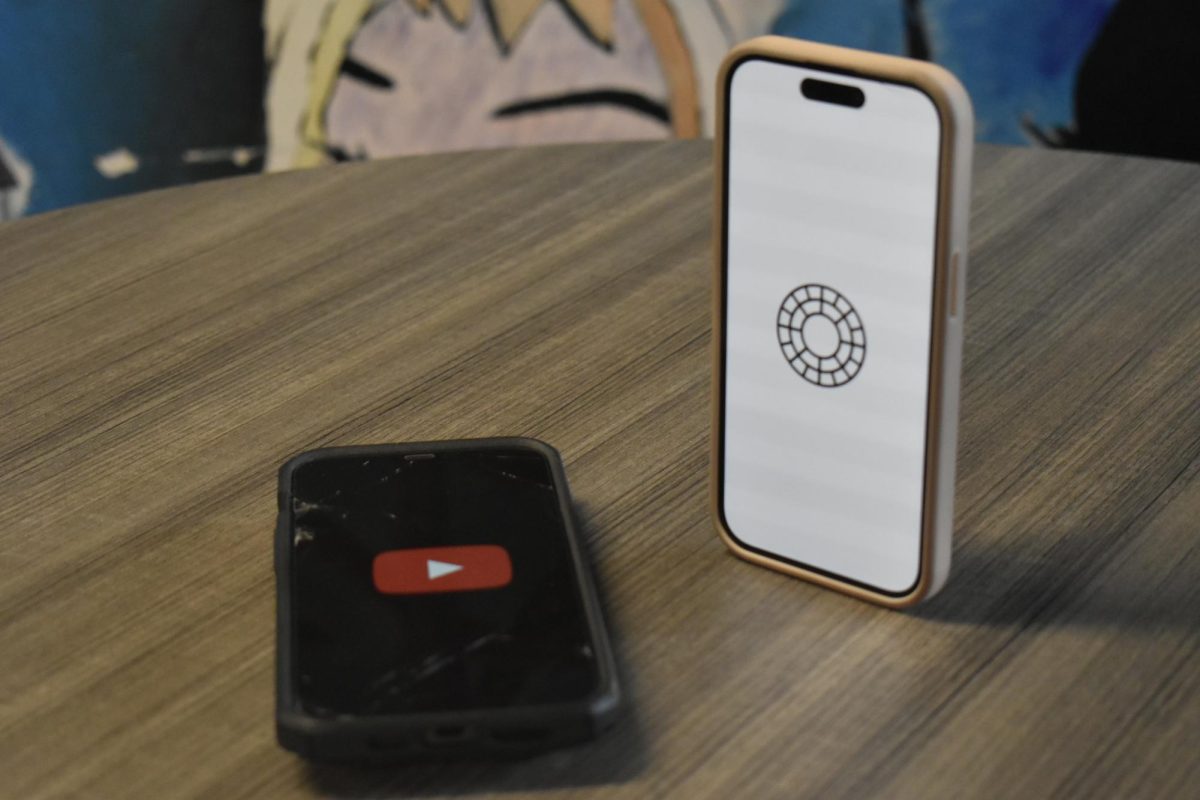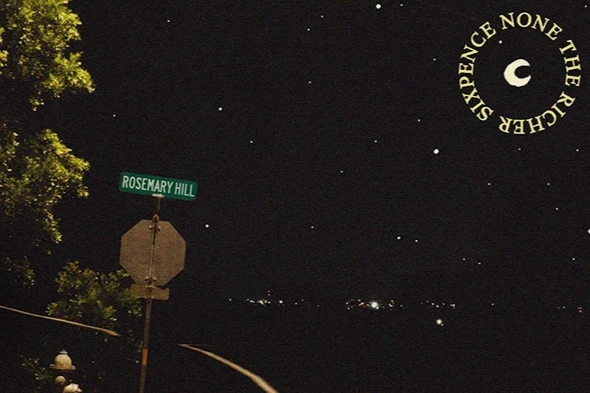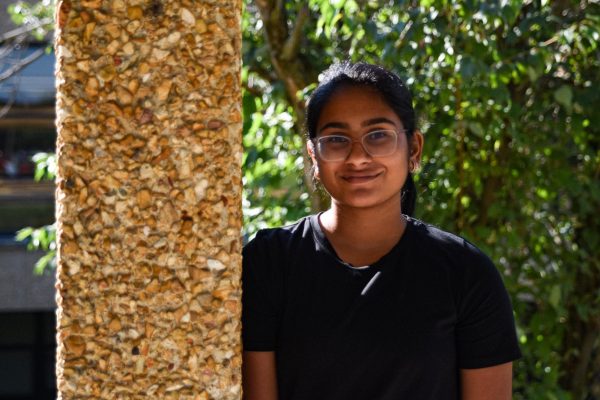From Portuguese to Hindi to Mandarin, our community is filled with countless languages, each with its own culture just waiting to be shared. Through this series, featuring six students at a time, members of our bilingual community come forward with one of their favorite songs to add to your playlist.

HINDI
“Señorita” by Hrithik Roshan
“‘Señorita’ is from this movie that came out in 2012. That’s my favorite era of Indian music. It was a fun movie, and I really liked that song. I think what makes it so good is that it has such an upbeat, almost [romantic] vibe to it. It always makes you want to get up and dance. Personally, I have a lot of great memories associated with that song. I remember being 3 years old with my dad, and as soon as [‘Señorita’] played, he would dip me and throw me in the air. My parents have always been into Hindi music, and [at my] home right now, my dad is probably playing some Hindi song,” junior Triya Gudipati said.

PORTUGUESE
“Apesar De Você” by Chico Buarque
“This song was popular [in] Brazilian music in the ‘90s or ‘80s. There was a dictator era in Brazil, and so Chico Buarque wrote songs about how [the people] don’t have any freedom and how [the dictators] destroyed happiness in the country. I really love [the song] because it’s beautiful, and the rhythm is really cute. A lot of the songwriters went to jail because of the songs they wrote, so [Buarque] wrote a song going against the government of Brazil without getting caught — it’s really cool. [I would recommend the song to] someone that is really open-minded about culture and likes happy songs. Even though the lyrics aren’t that happy, if you don’t understand the language, you think it’s really [happy],” sophomore Tina Ghasedi said.
“BESOS” by Kid Keo
“If I had to choose one [favorite song] right now, it would be ‘BESOS’ by Kid Keo. I think it’s a genre like trap. I feel that this is a song with a [good] rhythm and [emits] a good vibe. I would recommend [‘BESOS’] to someone who likes to listen to music when they are alone in their room or walking down the street because it is a type of music that must be listened to and understood,” junior Juan Rodriguez Abizanda said.

TURKISH
“Rengârenk” by Sertab Erener
“[The song is] a popular pop song, and it’s really upbeat. It has been out since I was a little kid; it’s probably one of the first songs that I can remember. I lived in Turkey for nine years, and it used to play on the radio all the time. In Turkey, [in any] store, there’s usually a radio playing, and you can see the clip of the music video playing because people [also] have TVs up. [The song] is about how colorful life is. It’s a really positive song. I loved how she portrayed everything like, yes, it isokay to have depressing times, but you can get back up, you can bring some joy back into this life. You can have those little moments even though you’re going through a hard time,” senior Sophie Kucukkaya said.

MANDARIN
“Super Idol” by A Si
“My favorite song is ‘Super Idol,’ because it really embodies the spirit of the Chinese people. It is basically a sponsorship for a water bottle company, and it is a very upbeat, fun song. It talks abouthow the person that the singer loves has a smile that’s just as radiant as the sun. It’s such a bop,” freshman Alisha Yin said.

ARABIC
“Dami Falasteeni” by Mohammed Assaf
“[‘Dami Falasteeni’] is about the Palestinian identity and having pride in Palestinian roots. The exact translation of it is ‘my blood is Palestinian.’ I hear this song at weddings, in the car, on TV, social media and through my personal music app. The artist is Mohammed Assaf who’s known for always being proud of his Palestinian identity. [The song] was taken off of almost every typical music app like Spotify and Apple Music, but it remains on YouTube. It was taken off because it was considered ‘anti-semitic.’ I personally love this song. I would recommend the song to literally everybody, even if you’ve heard it or even if you haven’t. Listen to the song. Understand the artist. Understand where he comes from. Understand what’s going on in Palestine. I know that my [song] kind of comes off as, ‘Oh, you only want us to listen to the Arabic song because you’re Arab,’ but no, I want [people] to listen to this Arabic song to understand the depth and the meaning of the context behind the [Gaza-Palestine Issue],” senior Rand Alhachami said.






![There are more than 20 open cardio machines at Crunch Fitness. I enjoyed the spacious environment at Crunch, a sentiment that was shared by sophomore Sanjana Daggubati. “[Going to] Crunch Fitness was the right decision because [it] feels more professional. Crunch’s workers are laid back, but not to the point where they don't care,” Daggubati said.](https://pwestpathfinder.com/wp-content/uploads/2025/09/IMG_5242-1-1200x900.jpg)

![Various empty Kit Kat wrappers crowd the desk, surrounded by scoring sheets. While production of Kit Kat flavors in the U.S. is limited, Nestlé, the owner of Kit Kat, manufactures hundreds of unique flavors in Japan, including the flavors ocean salt and passion fruit. “I thought there [were] some interesting flavors, and a lot of them were really unexpected,” senior Elle Levesque said.](https://pwestpathfinder.com/wp-content/uploads/2025/09/image-2.png)


![Pantone’s selection of the 2025 Color of the Year is revealed: Mocha Mousse. Ceramics teacher Ashley Drissell enjoys this year’s selection. “Maybe it’s the name but [Mocha Mousse] reminds me of chocolate and coffee. It makes me hungry. It’s very rich and decadent,” Drissell said.](https://pwestpathfinder.com/wp-content/uploads/2025/02/DSC_0015-1200x800.jpg)



Sravya Guda • Jan 12, 2024 at 2:04 pm
Click on the markers from the map to go to the song on YouTube!